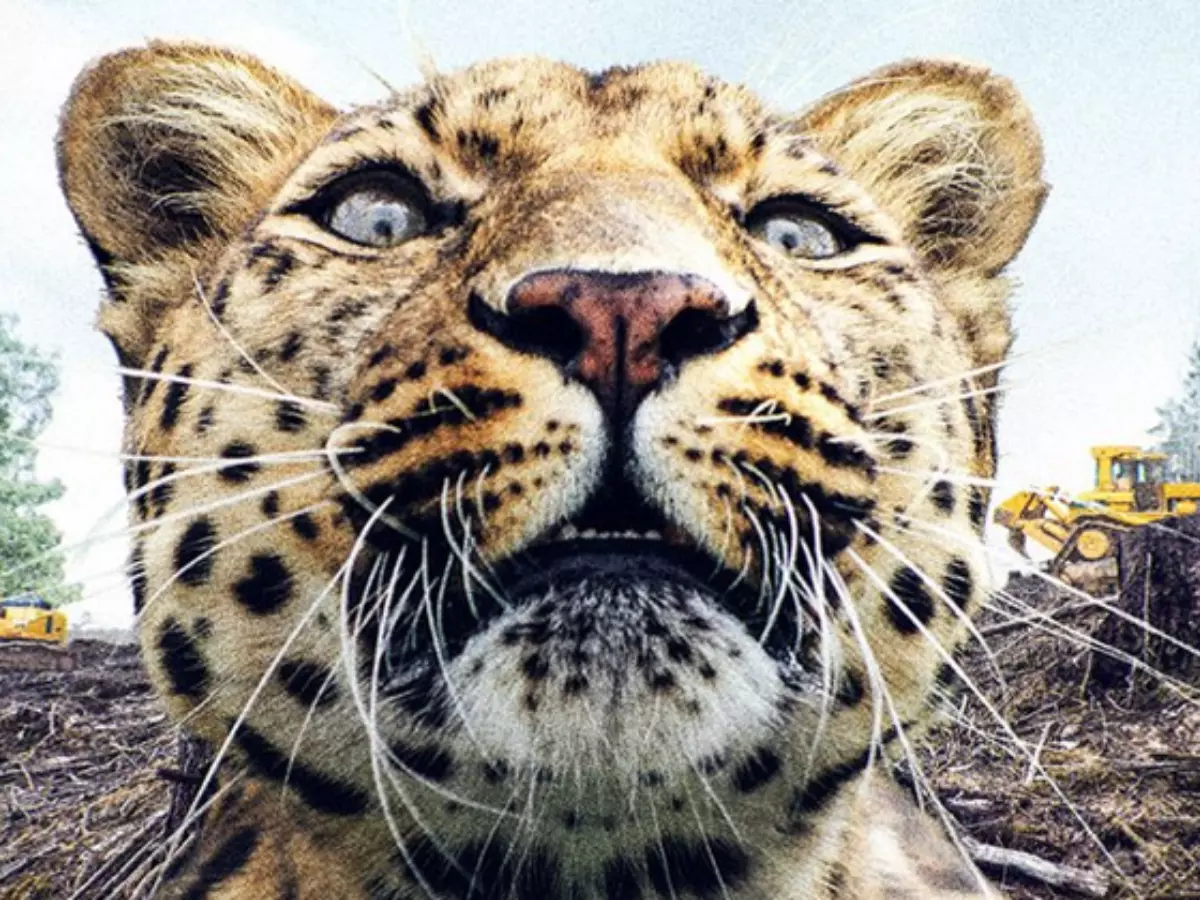From The Brink: These Wild Animal Selfies Speak Out Loud
As many as three million animal species face the risk of extinction as cited by the lengthy United Nations report released in May. To bridge this gap an advertising agency in Japan came up with this powerful campaign to raise awareness about environmental issues in the best way possible: By making animals speak for themselves.

We humans are killing our planet thanks to activities like farming, poaching, mining and fishing. Because of this as many as three million animal species face the risk of extinction, as cited by the lengthy United Nations report released in May.

Reuters
Their imminent extinction is further exacerbated by a lack of awareness among people. To bridge this gap, an advertising agency in Japan came up with this powerful campaign to raise awareness about environmental issues in the best way possible: By making animals speak for themselves.
Released on Instagram, the campaign called #Animal_Selfie aims to see a spike in donations to the World Wide Fund (a leading non-governmental organisation working towards wildlife preservation). The concept is based on selfies by animals themselves to make you see and understand their point of view. In other words, if these animals could ask for help this is how they would go about it.
Here is the impressive collection of thought-rendering photos that will hopefully make you sit up and take notice.
1. A turtle swimming in an ocean full of plastic.

WWF
2. A polar bear stands on diminishing ice glaciers, a direct result of global warming.

WWF
3. This baby leopard doesn¡¯t have a home anymore. The forest that housed him is now undergoing radical development to provide housing for humans.

WWF
4. Oil spills make life difficult for animals such as penguins who depend on the ocean for food, and an occasional swim.

WWF
Looking at cute images isn¡¯t enough. We need to soak in the message, raise awareness and reduce our carbon footprint. The need of the hour is to bring about a transformative change that includes: Curbing food wastage, cracking down on illegal logging and fishing, and, most importantly, getting policy makers to acknowledge that climate change is real.
